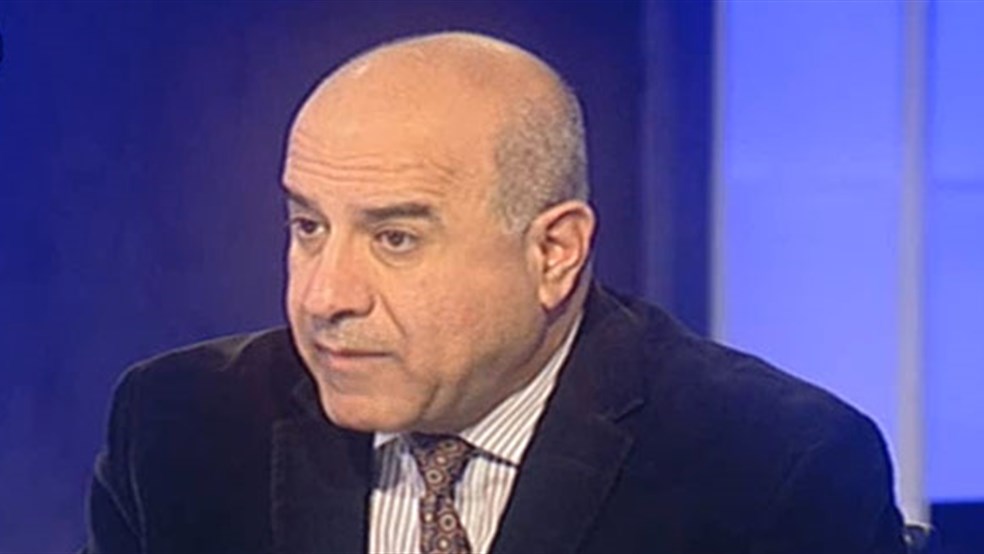The Iranian Nuclear between Iranian Equivocation and American Dilemmas
Charles Elias Chartouni/February 01/2021
شارل الياس شرتوني: النووي الإيراني بين المراوغة الإيرانية والمعضلات الأميركية
Observers of the Nuclear dossier developments are not caught off guard respecting the Iranian equivocation, but they have to reckon with the American dilemmas and their conflicting undertones. The Iranian regime follows the conventional track mandated by it’s survival amidst compounded crises, a debunked ideological script and an unraveling legitimacy.
The US democratic administration is navigating its course on the crossroads between the discredited 2015 nuclear accord, the usual waffling of the Iranian regime, and the ideological ravings of its left wing.
It’s mandatory to map the difficulties of the actual course before evaluating the chances of the respective bargaining scenarios suggested by the conflicting parties.
The agreement of 2015, aside from its nuclear core-component was supposed to usher an era of normalization, whereby Iran commits to engage the international and regional communities, play by the rules of consensual arrangements, set new rules of engagement, proceed unto military de-escalation (conventional and nuclear), and loosen its grip on a demurring and largely alienated Iranian civil society.
Based on these expectations the US administration under Obama and Trump were bound to reciprocate by lifting financial sanctioning, reengaging Iran, at both the international and regional levels, in regards to the negotiation of Middle Eastern strategic issues, and cooperation on development and economic policies.
However Iran demonstrated its willingness to cooperate at the nuclear level, its commitment revealed multiple cracks, double speak and deliberate dissembling with regard to: the ambivalent compliance with the accord stipulations highlighted by the unending quibbles between the regime radicals and its more open aisle umpired by the Janus-faced jurisconsult, the large scale militarization strategy ( nuclear and conventional, i.e, ballistic missiles ), the harsh repression unleashed on various internal oppositions, and the launching of a systematic campaign of destabilization throughout the larger Middle East.
The mistrust started building up in the aftermath of the finalization, and the chasm between the two parties goes back to the Obama administration which enforced financial sanctions and backtracked on money funneling.
The Trump administration deliberate disengagement was predicated on the enumerated inconsistencies, and its overall critique of Obama’s Middle Eastern policies and reordered priorities based on the cooptation of the Sunni regional power brokers and a projected deal with Iran premised on a broader scheme of normalization and its dividends.




















